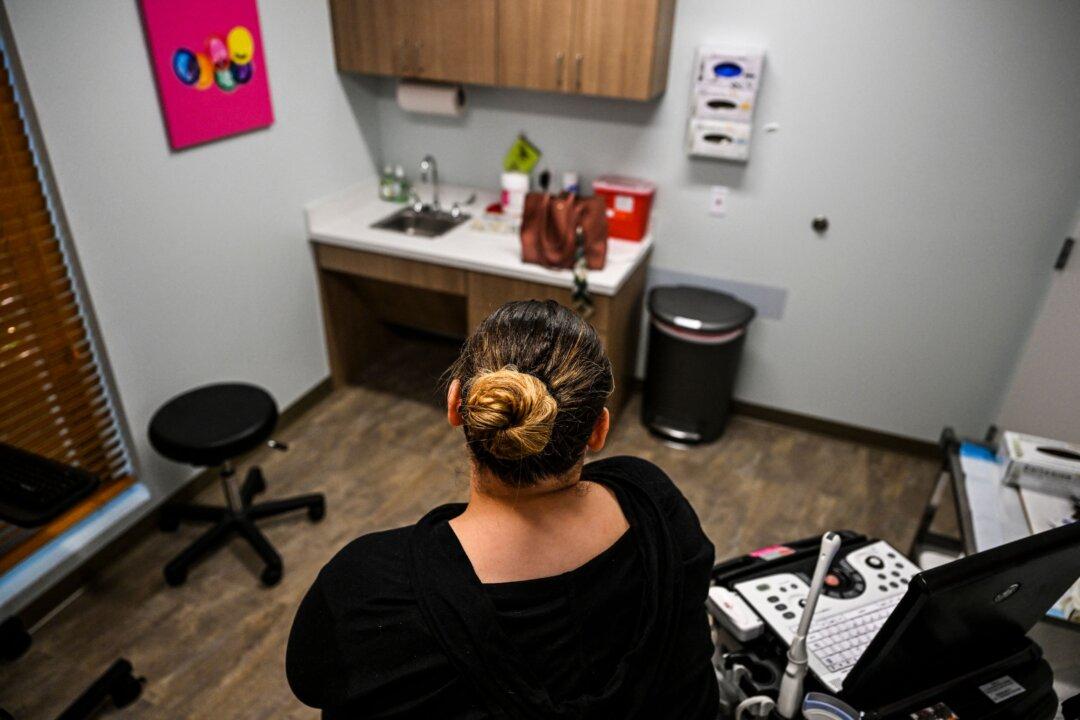Abortions in Pennsylvania increased 9 percent in the six years between 2016 and 2021, but medical complications from abortions have almost doubled (up 48 percent) in that time.
Increased medical complications correlate with a 62 percent increase in Pennsylvania’s chemical abortions—the abortion pill—over that same time.





